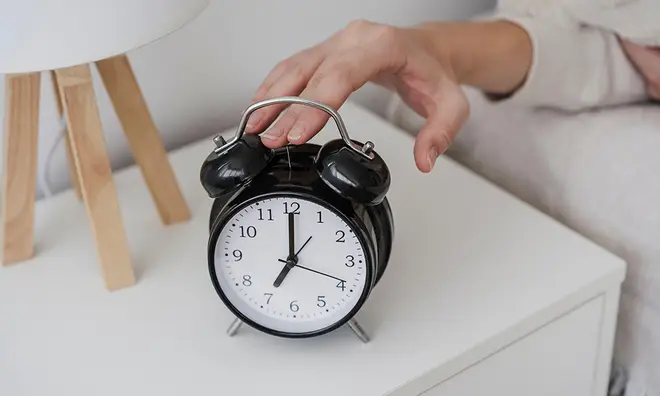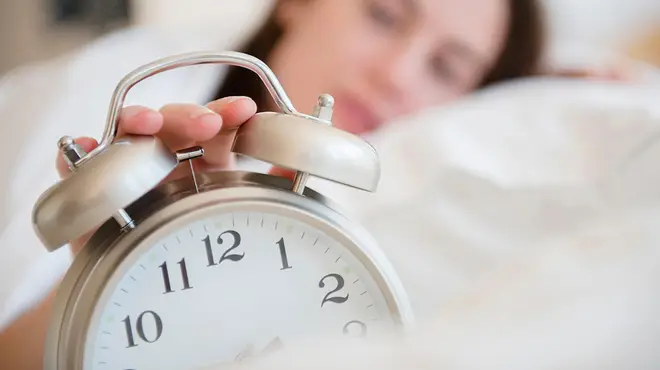
Oli Dugmore 4am - 7am
23 March 2023, 15:12 | Updated: 23 March 2023, 15:41

What time do the clocks change? And why do we change them in the UK? Here's everything you need to know about the time change as weather prepares to welcome a new season.
Every year in the UK we change our clocks twice to ensure we're making the most of our daylight hours and the warmer weather and this weekend the country is preparing to welcome spring.
In a bid farewell to dark evenings and cold mornings, the clock change marks the beginning of a new season as we switch from Greenwich Mean Time (GMT) to British Summer Time (BST).
This will be a welcome time for those struggling with the cost of living crisis as households can hopefully turn their heating on less and avoid those soaring energy bills.
So when and what time are the clocks changing this weekend? And are we losing or gaining an hour?
Read more: How are the government helping with energy bills and when does it end?
Read more: UK set to be treated to 'truly incredible show' of spring blossom after driest February in 30 years
Here's everything you need to know about the clock change and exactly why we do it:

The clocks always change on the last Sunday in March which falls on Sunday 26th in 2023.
At 1am Sunday morning, clocks will change by one hour. Most digital appliances will do this automatically for you but clocks around the house and watches will need to be changed manually.
Clocks change for the second time of the year in October, again on the last Sunday of the month, to mark the beginning of autumn.
To mark spring and lighter evenings, clocks will 'spring forward' this weekend, meaning we lose one hour.
When it comes to the autumn clock change, will gain an hour as they 'fall back' the full 60 minutes.

The reason behind why we change the clocks is a contentious issue with the idea first arising in 1784 when inventor Benjamin Franklin suggested it.
A scientist in 1895 was the next person recorded speaking about it, and after that, a builder called William Willett (who happens to be Coldplay Chris Martin's great-great-grandfather) really pushed things as he wanted more light in the evenings.
William campaigned for the clocks to change until his death in 1915, and it was 1916, during World War On, the clocks officially began to change.
BST was introduced via the Summer Time Act 1916 as a way to save fuel and money.